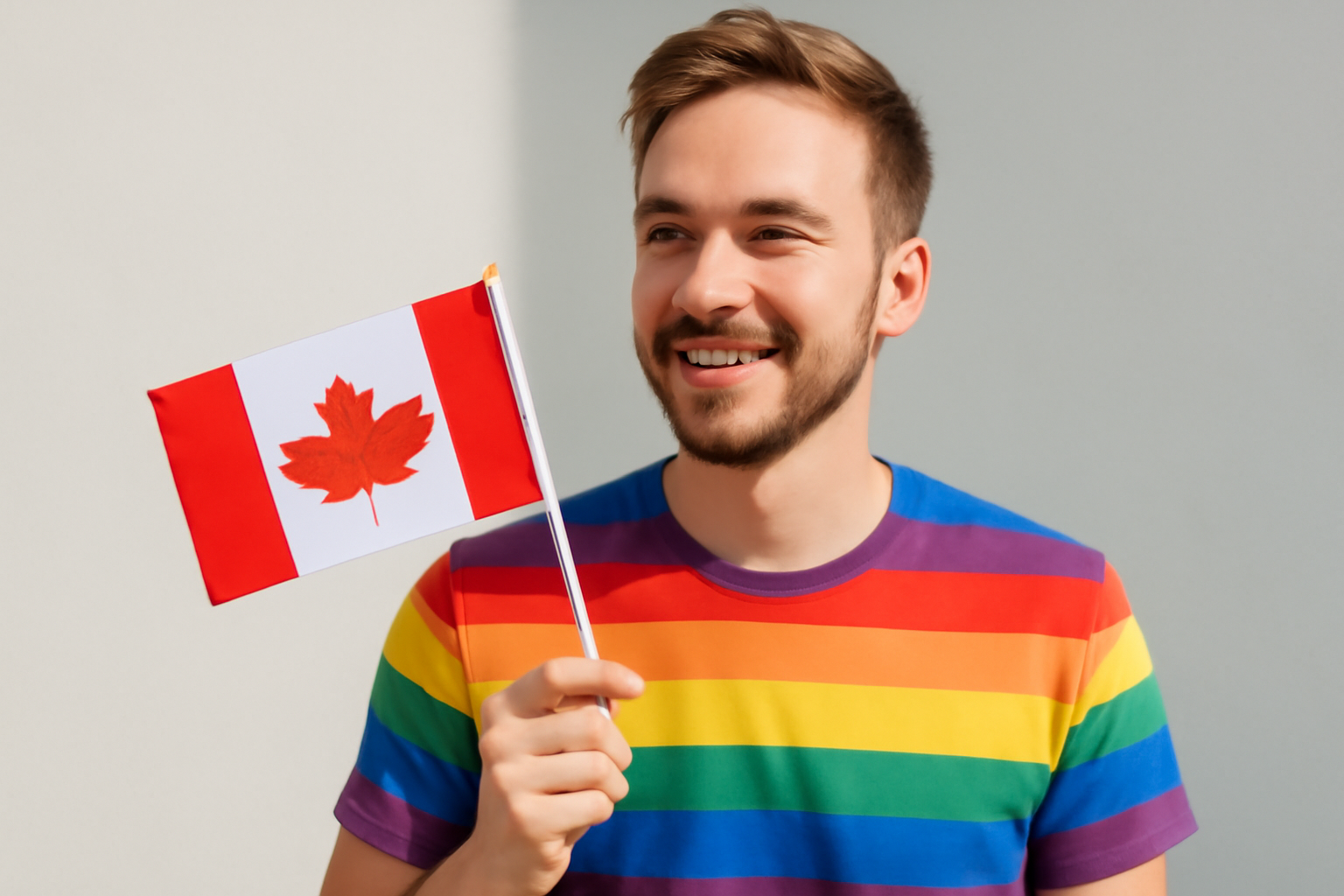
Introduction
The political climate in the United States has shifted significantly, leading to increased concerns within the LGBTQ+ community. Recent events have prompted many LGBTQ+ individuals to seek information on claiming asylum in Canada. This article explores the reasons behind this trend and the potential avenues for those considering such a move.
Political Changes and Impacts
Since the recent inauguration of the current US administration, there has been a noticeable increase in policies perceived as anti-LGBTQ+. Executive orders have been signed that limit the rights of transgender individuals, particularly concerning military service and gender-affirming care for minors under the age of 19. These actions have understandably caused alarm among LGBTQ+ citizens, who fear for their rights and safety.
The rollback of diversity, equity, and inclusion initiatives within the military is another significant concern, as it may signal broader societal acceptance of discrimination against minority groups. Coupled with rhetoric from certain political figures, these measures have led to a palpable sense of insecurity in the community.
Rising Concerns and Self-Defense
In response to these developments, there has been a reported increase in LGBTQ+ individuals taking steps to protect themselves. This includes purchasing firearms and learning self-defense techniques. These measures reflect the heightened sense of vulnerability felt by many in the community.
Additionally, reports of increasing hate crimes have further fueled fears. According to a study by a prominent LGBTQ+ media advocacy organization, there has been a significant rise in anti-LGBTQ+ incidents, with hundreds documented in recent years. These incidents range from harassment to physical violence, with a distressing number targeting transgender and non-binary individuals.
Interest in Canadian Asylum
Against this backdrop, there has been a marked increase in searches for information on LGBTQ+ asylum in Canada. This trend began around the time of the political changes in the US and has continued as concerns about safety and rights persist. Canada's asylum policies are of particular interest because they recognize persecution based on sexual orientation and gender identity as valid grounds for asylum.
While it is uncommon for Americans to seek asylum in Canada, the possibility exists if an individual can demonstrate a genuine fear of persecution. Canada's immigration laws allow for such claims, provided there is sufficient evidence of threat or harm based on factors such as race, religion, or membership in a particular social group, including LGBTQ+ individuals.
Alternatives to Asylum
For those contemplating a move to Canada, there are also immigration options available. Immigration lawyers have reported an uptick in inquiries from US citizens interested in relocating to Canada. These inquiries are believed to be driven by the current political climate in the US and the desire for a more secure and inclusive environment.
Moving to Canada is relatively straightforward for skilled workers or those with family sponsorships. While the process can take several months to years, depending on the immigration pathway, it remains a viable option for those seeking a new start in a country known for its progressive stance on LGBTQ+ rights.
Conclusion
The current political environment in the United States has prompted many LGBTQ+ individuals to explore options for safety and security beyond its borders. Whether through asylum or other immigration routes, Canada presents itself as a potential refuge. As the situation evolves, it remains crucial for individuals to stay informed about their rights and the resources available to them.
Related Posts
Triumphant Trans Woman Wins Legal Battle and Inspires Others to Stand Up for Their Rights
Breaking new ground: a landmark victory in transgender rights After battling in courtrooms and enduring endless challenges, Diana Portillo, a transgender woman, has secured a monumental victory in her decade-long fight against workplace discrimination. The result? Nearly $1 million awarded in a historic settlement. But this isn't just a win on paper—it represents a powerful precedent in combati [...]
Pride Month in Latin America: Protests and Demands for Equality
**Celebrating Pride and advocating LGBTQ+ rights in Latin America** Pride Month in Latin America was a lively mix where celebration met activism. Communities united, not just throwing a party but making a stand—demanding equality and pushing governments toward better protection and rights recognition. Throughout Latin America, pride events erupted in marches and cultural displays, each with a c [...]
Transgender Erasure Actions Implemented by National Park Service
```html Trump administration's impact on national park service and transgender recognition The Trump administration made notable moves in undermining transgender representation, which included directing agencies like National Park Service not include "T" and "Q" when they refered “LGBTQ” in any official communication. This move seems part a broader plan by this administration aimed at reducin [...]